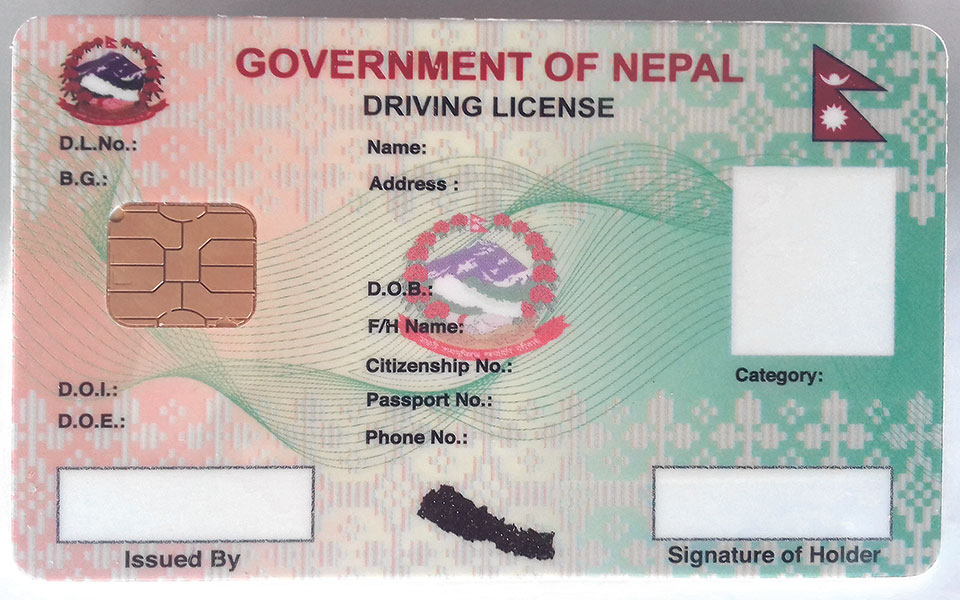KATHMANDU: The District Public Prosecutor’s Office has filed a case against 15 individuals in the Kathmandu District Court, alleging their involvement in a scheme to obtain personal benefits by creating fake driving licenses. Among those accused are former high-ranking officials and computer operators from various transport management offices across Nepal.
Keshav Aryal, the former head of the Transport Management Office, stands as a primary accused in the case. Alongside Aryal, several other officials and computer operators from different regions have been implicated.
The charge-sheets also target former computer operators from the Transport Management Office in Butwal: Laxman Pandey, Gyanraj Pandey, Narayan Prasad Pandey, and Padmaraj Acharya. Their involvement has been identified as part of a broader network facilitating the creation and distribution of counterfeit driving licenses.
Additional individuals charged include Subas Paudel and Ramakrishna Shrestha. Ramakrishna Shrestha, who formerly served as a computer operator at the Transport Management Office in Kawasoti, Nawalparasi, is among the key accused. Binod Bhandari, a computer operator at the Transport Management Office in Kaski, and Rajesh Lamsal, a non-commissioned officer at the Transport Management Office in Chitwan, have also been named in the case.
Further accused are Bibek Bhandari, a computer operator at the Transport Management Office in Jhapa, and Dilip Kumar Shah, a computer operator at the Transport Management Office in Dhanusha. These individuals are believed to have played significant roles in the operation and distribution of the fake licenses.
The scheme, which involved the creation of counterfeit driving licenses, was allegedly run with the aim of obtaining personal benefits, highlighting a significant breach of trust and misuse of authority by those involved.
The filing of the case follows extensive investigations by the public prosecutor’s office, which have revealed a web of corruption and fraudulent activities within the transport management sector. The office’s decision to move forward with the charges reflects a commitment to uphold the rule of law and ensure accountability for public officials and employees.
This case is expected to shed light on systemic issues within the transport management offices and potentially lead to further investigations and reforms aimed at preventing similar fraudulent activities in the future.
As the case proceeds, it is anticipated that more details will emerge regarding the extent of the scheme and the specific roles played by each accused individual. The prosecution aims to secure justice and maintain the integrity of public service by holding those involved accountable for their actions.

